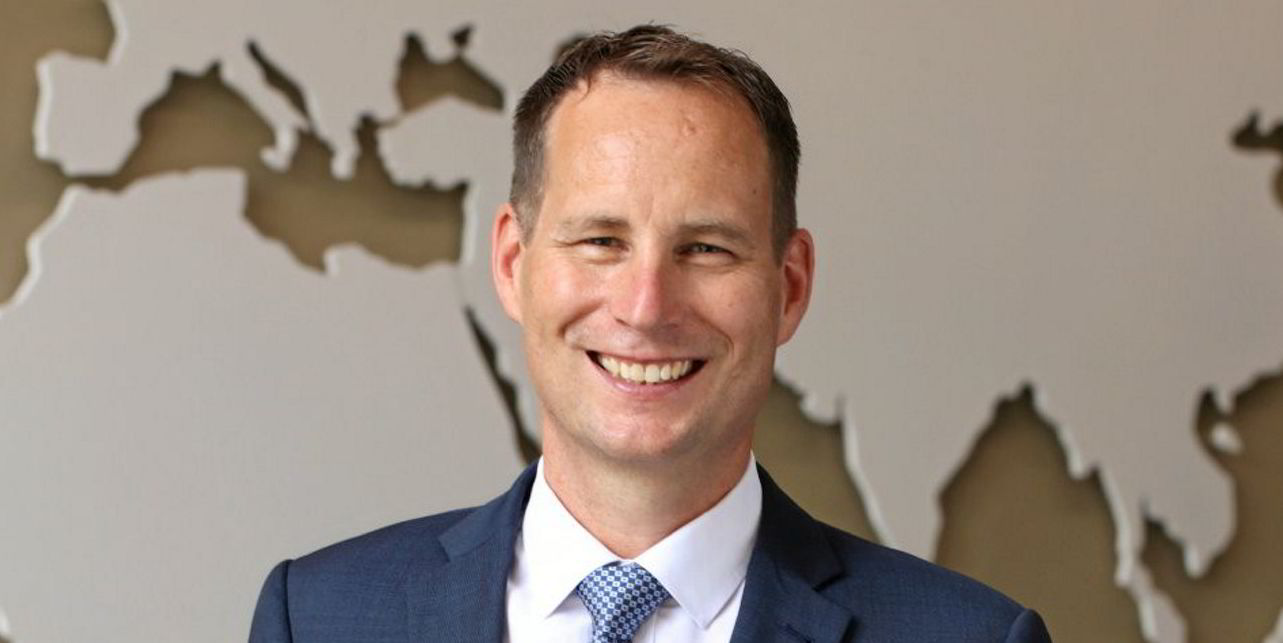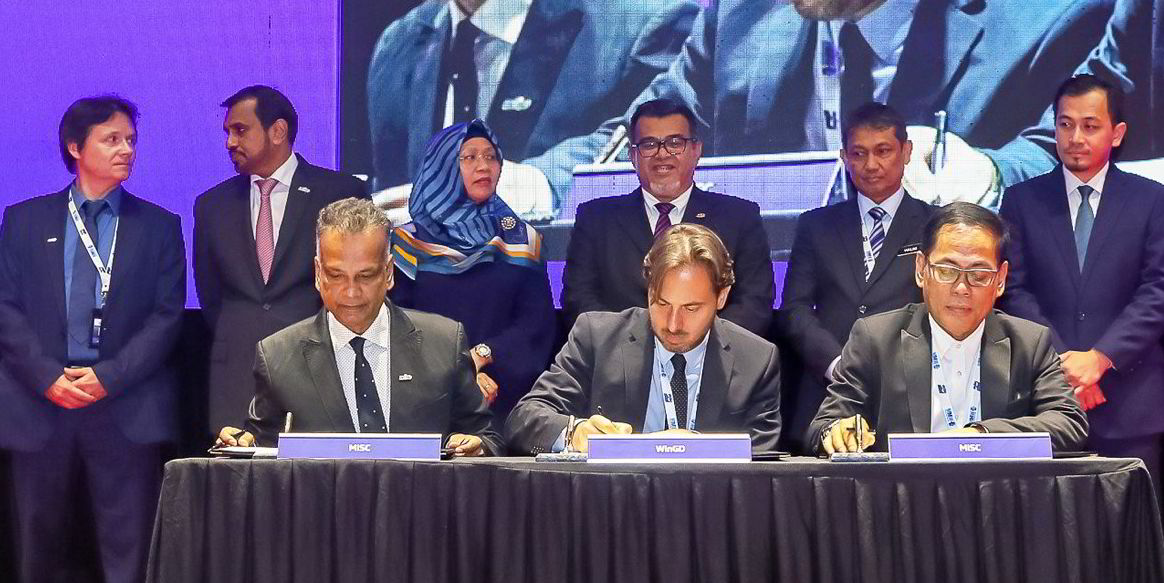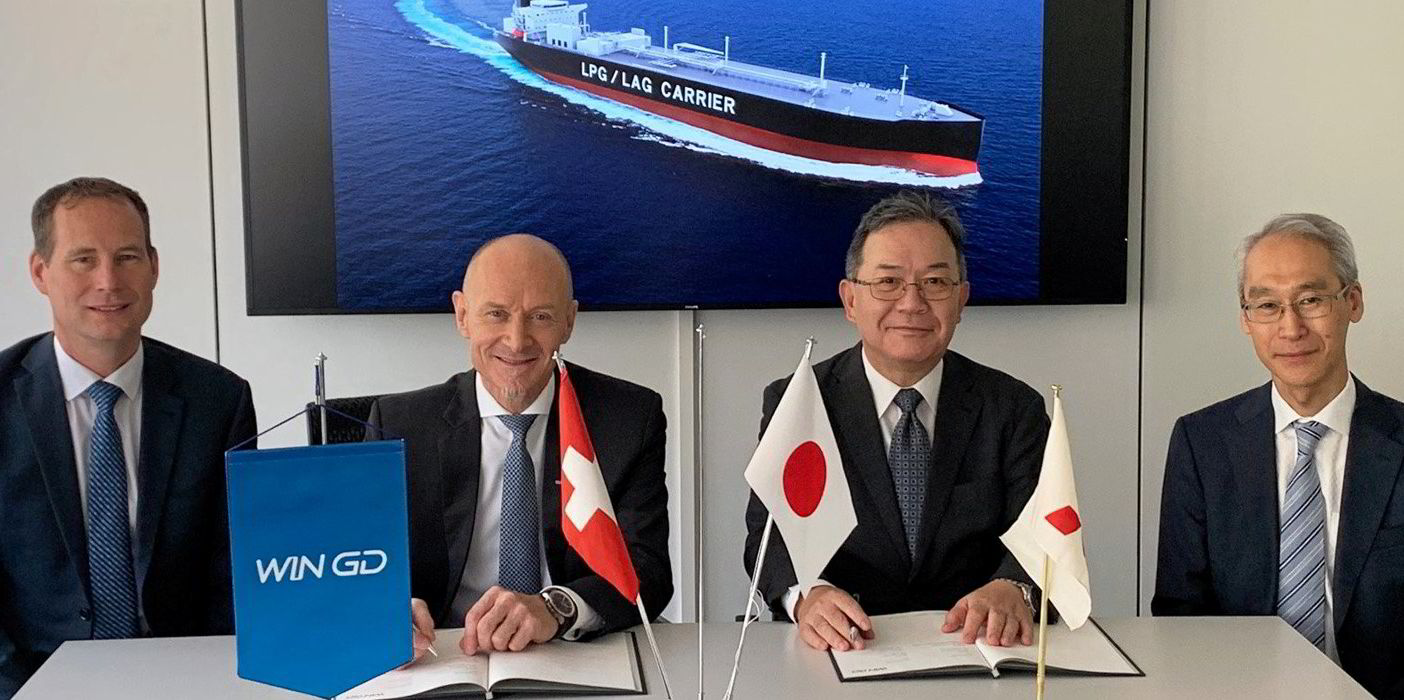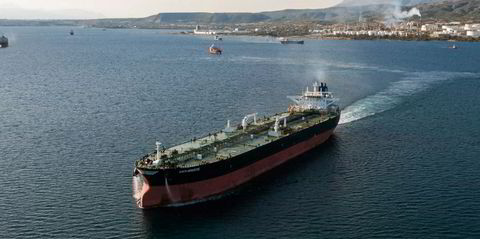Marine power company WinGD has named its new chief executive as the existing boss opts to move on at the end of July.
The Chinese-controlled, Swiss-headquartered engine specialist has appointed Dominik Schneiter — WinGD’s vice president of research and development — as acting chief executive as of 1 July 2023.
WinGD said outgoing chief executive Klaus Heim will step down from the role on 31 July after five years with the company. Heim said the job had been “an incredible privilege” but that the time was right for him “to contribute my knowledge and experience in a different capacity elsewhere”.
Speaking to TradeWinds as his appointment was announced to colleagues, Schneiter described it as “an honour” to be offered the role.
Asked to describe himself, Schneiter opted for “humble”, “transparent”, “open” and “trustful”, and said he is waiting to see how this plays out in his new role.
He has been in the business for more than 30 years, coordinating WinGD’s R&D work for the last seven and deputising for Heim in the last few. So Schneiter sees his incoming role as something of a natural progression — albeit not one that he had been actively seeking.
“I see it as a challenge, and I will enter it with respect because it’s a complex business we’re in, with many stakeholders with many interests, and excellent staff with high expectations and unique expertise.
“That makes it very special,” he said. “I think we have a unique product. There are not many OEMs [original equipment manufacturers] doing this and to lead one of these innovation drives is exciting.”
While engine design remains at the heart of WinGD’s work, Schneiter said peripheral equipment and systems are becoming very important today as the industry starts to decarbonise.
“It is much more than just an engine,” he said. “It is about understanding how to propel and fit a ship the most efficient way.”
As he takes over, Schneiter said green fuels will remain a focus.
He said WinGD expects to see its first methanol and ammonia dual-fuelled engines in service on board vessels from 2025.
From 2030 onwards, the company expects the market to split into one-third each for ships using dual-fuel LNG, methanol and ammonia engines.
While Schneiter expects LNG take-up to continue for some time, he said it has become more of a commodity now and the attention is shifting to methanol and ammonia, which are beginning to see a “very fast ramp up” as the first movers step in. He said this gives WinGD an opportunity to build up its technology with them.
Schneiter said it becomes important for the company to improve its warranty and support regarding these new fuels. He gave the example of ammonia’s toxicity, which makes training key for crew and maintenance staff.
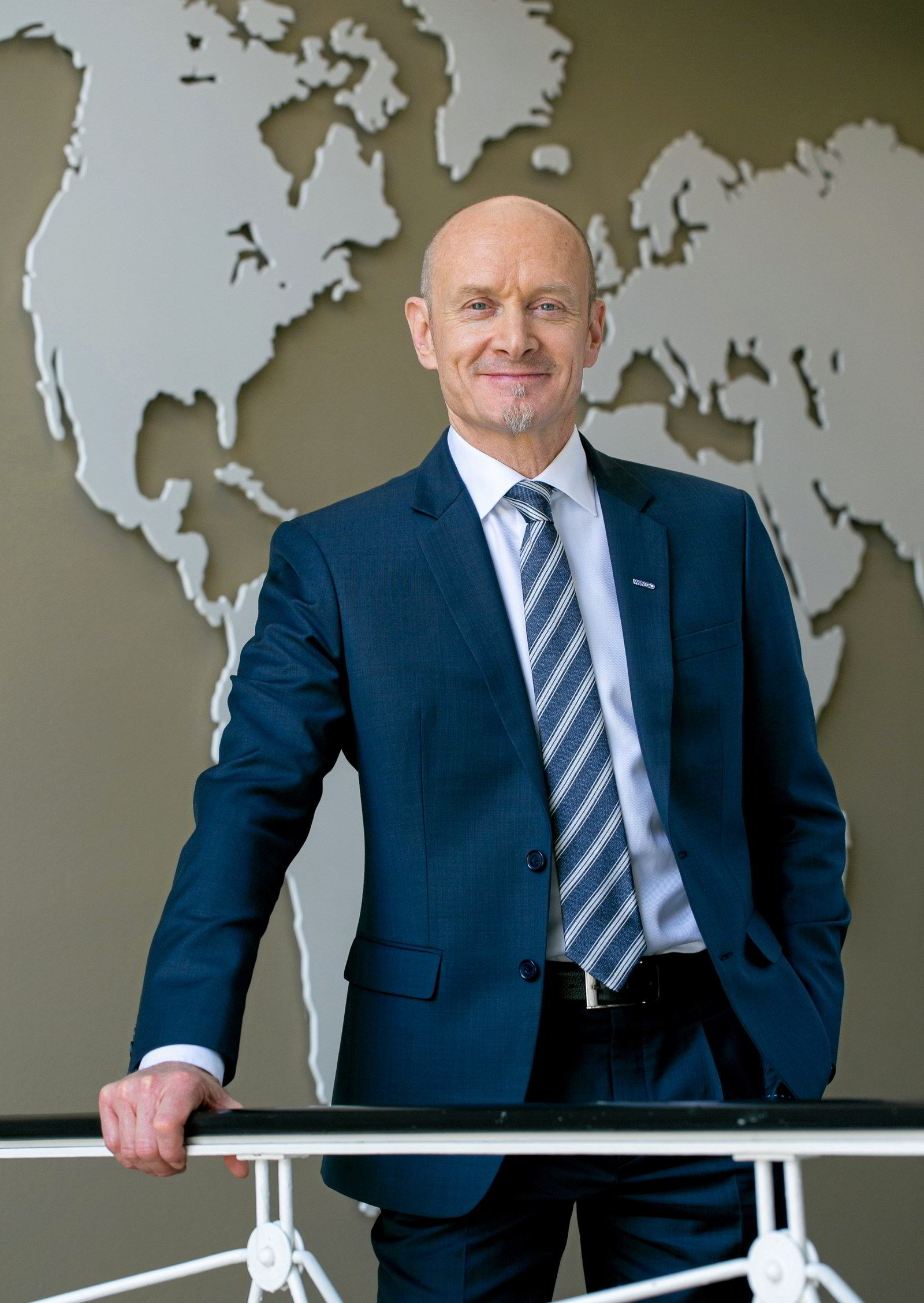
“We need to make sure we bring technology properly to the market,” he said, and become “the enabler of the decarbonisation of shipping”.
But he also highlighted the need to keep pace with the speed of the current transition where many new systems and products are appearing.
“We are in a transition,” he said. “It is moving very fast. We are constantly trying to optimise but I think the speed is definitely accelerating.”
Schneiter shared that WinGD has customers in its office almost every day now. He said the first movers among them are “very interested, engaged and open to collaborative approaches”.
While Schneiter’s most recent focus has been the R&D department, he started his career as a service engineer travelling to the US and UK to work on cruise ships and ferries. He moved on to research engine test beds, managing to squeeze in an engineering degree in mechatronics at the same time.
Schneiter also had what he described as a four-year “unique experience” in Qingdao, China, helping to build a two-stroke engine business from scratch, which involved constructing the factory along with reclaiming the land to site it on.
He returned to work in product management, adding a master’s degree in business management along the way.
Outside work, Schneiter is not someone who sits still. Colleagues are quick to mention his marathon running — he has clocked sub-five-hour times twice on Switzerland’s notoriously tough Jungfrau Marathon, which boasts more than 1,900 metres of ascent and cycles to work.
“My target is to do some activity every day,” he said.
